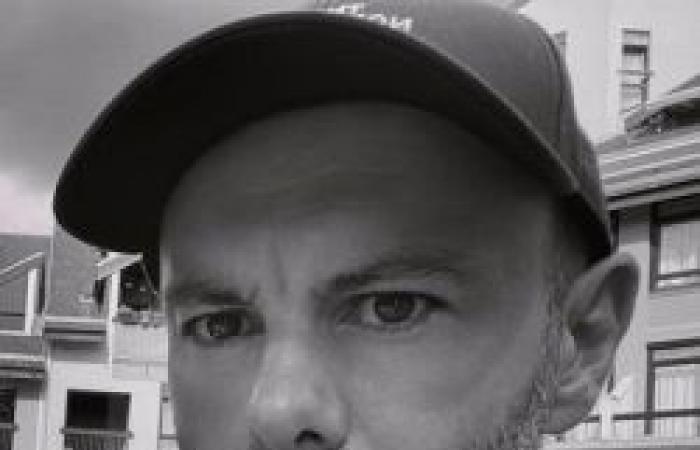The Foot Amateur editorial team invites you to discover its potential exploits for the 7th round of the French Cup which will take place these Friday 15, Saturday 16 and Sunday 17 November. This round of the competition is marked by the entry into the running of Ligue 2 teams.
We decided to get wet before the 7th round of the Veille Dame at FA by choosing a few posters where we think that the hierarchy could be shaken up a little, see an exploit created between regulars of the epics or newcomers who dream of ticking off a first “big” on their hunting list.
Vendée Les Herbiers F (N2) – AC Ajaccio (L2)
Finalist of the Coupe de France in 2018 and regular authors of good courses and performances in the competition since, the protégés of Laurent David are a natural candidate for “the feat” during each edition. Third in their N2 group, the Herbiers will have a chance to play against AC Ajaccio, residents of Ligue 2 who travel extremely poorly in their championship with only one point taken in 6 trips this season.
FC Fleury 91 (N2) – Amiens SC (L2)
In Fleury too we have already nourished the story of a great exploit. Whether among the boys, as in 2017 with the elimination of Brest, then leader of Ligue 2, or more recently among the girls with the victory against Olympique Lyonnais a few months ago. David Vignes' team, undefeated and at the top of its N2 group, will also have a hard time facing a resident of Ligue 2, Amiens. Picards who travel better than the ACA… without traveling well however with three points taken (1V) in 6 trips this season.
Chamois Niortais (R3) – US Orléans Loiret F (N1)
We fall into the “less obvious” category. But what a beautiful story it would be for the Chamois, whose nightmarish extra-sporting summer adventures will not be remembered. Now in Regional 3, the lowest level of the League, Niort will rediscover the sweet scent of the National for one evening with the reception of an Orléans third in N1 who will leave very largely with the favors of the forecasts. If there is one match where magic can/must happen it is this one, to sound like a reminder that in this competition more than anywhere else legends continue to be written and do not die.
Grenoble FC2A (R2) – FC Martigues (L2)
Five levels of difference. A chasm. And yet Martigues would be wrong to think that his task will be easy against the Grenoblois of FC2A, still in the 2nd District division 5 years ago. Already because the team now coached by Coucou Tafer has acquired a taste for victory with several accessions and now first place in R2. Then because it is made up of a few players who have tasted the professional world (Tafer, Ravet, Mallein, Hachi) or at the higher levels. Finally, because more than 10,000 spectators should take their seats in the aisles of the Stade des Alpes to play the role of a 12th man who could be decisive. We will not mention the last place in L2 of Martigues or the extra-sporting concerns of the club, the Laurey players showed in Clermont and Annecy (victory) or Amiens a few days ago (draw) that they knew how to be comfortable outside. It is thanks to their feet that the people of Grenoble can cherish the sweet dream of an exploit. And we believe it!
RC Laborse (D1) – FC 93 Bobigny Bagnolet Gagny (N2)
We offered you an interview with the captain of Labourse even before the 6th round of the competition. Donovan Gourdin's teammates are still there in this half of November, among the rare District teams still in the running. What if the adventure continues a little longer? The task will be immense against FC93, who have only lost one match in National 2 this season and are in second place in their group. But the last district club of Hauts-de-France, a small village of 3,000 inhabitants arriving for the first time at this stage of the competition, will be able to count on an entire region behind it to erase the five levels of difference.


The latest articles by Frédéric Sougey (see all)









